Summer Workout Risks
Stay healthy and be aware of summer workout risks.
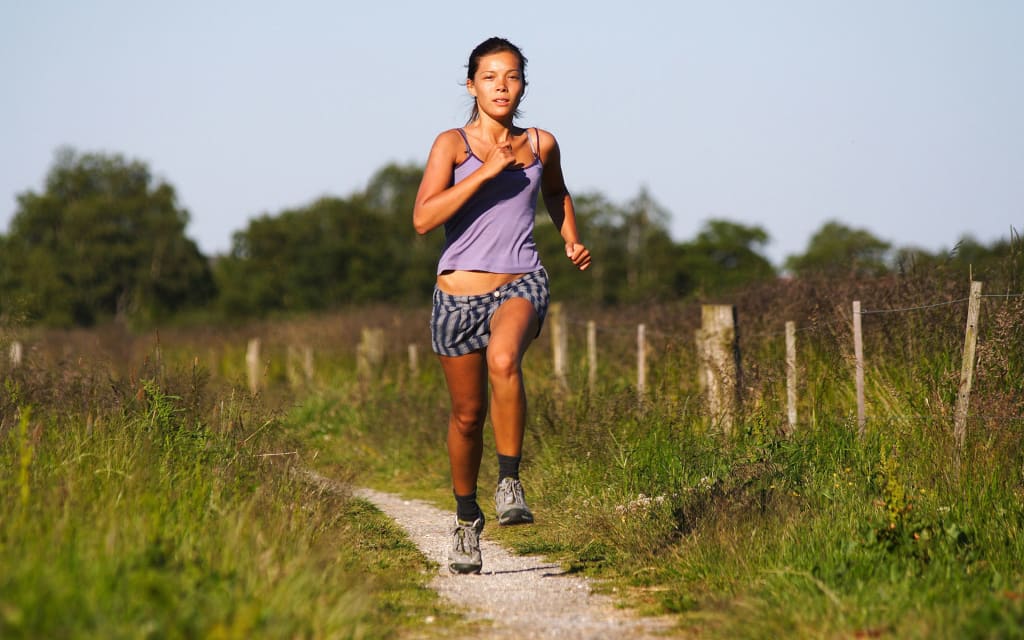
Most of us revel in exercise outdoors during the summer, but the blissful hot weather also heralds some seasonal summer workout risks. High smog levels, sunscreens that slide off during sweaty exercise, dehydration, and the aggravation of allergies are enough to make the most ardent fresh-air lover retreat to an air-conditioned health club. However, gloomy indoor gyms are not the only option to get fit and beat the heat. Here is a collection of new developments to help stay cool and healthy during your summer workouts, as well as the basic precautions to keep in mind as you slip on your joggers and hit the open road.
Working out in Pollution
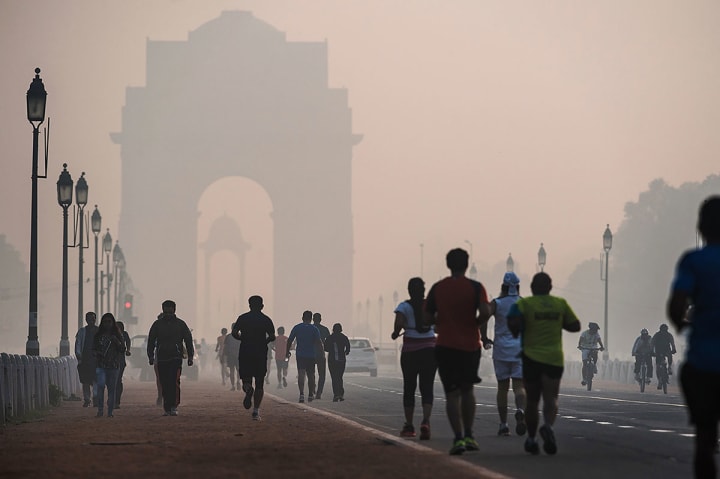
Photo via BBC
Ozone gas in our breathing space forms when hydrocarbons from car exhaust and nitrogen oxides from industrial pollution meet under the heady rays of the sun. This phenomenon is a bigger problem during summer. There's more sunshine, less wind, and trees hold pollutants underneath their leafy canopies. As a result, there are more frequent summertime air-quality warnings—essentially ozone alerts.
What kind of impact does this have on your outdoor workouts? Recent studies have shown that people who exercise vigorously for more than an hour when the ozone level is high—increasing the amount absorbed into their lungs—can experience lung irritation, shortness of breath, shallow/rapid breathing, and coughing. The EPA gives air-quality ratings (ranging from “good" to “hazardous") to local governments, which in turn pass them on to the media. Seriously consider skipping a workout if the air is reported as "unhealthy," "very unhealthy," or "hazardous."
If there's no report, it's best to pick cloudy over sunny days, and to exercise in the early morning before pollution accumulates. Runners whose usual routes take them along highways should opt for park paths instead; tennis players should favor courts sheltered from the street. If you feel any of the symptoms mentioned above—stop. During the foggiest days of summer, the best place to run is straight to the air-conditioned health club.
Avoiding Dehydration

Photo via Running Magazine
The hotter it is, the more you sweat—and the faster you lose water. That's critical for serious and weekend athletes alike, since drinking enough water is one of the most important factors affecting performance, says Nancy Clark, R.D., a sports nutritionist at Sports Medicine Brookline in Massachusetts. Lack of adequate water can make your heart race, your skin feel clammy, and your body feel fatigued or dizzy.
To keep stamina up and problems at bay, experts suggest drinking two or three eight-ounce glasses of cool water about 15 minutes before a workout. Then try to drink eight ounces every 15 minutes or so as you exercise, especially if your workouts run longer than 90 minutes. Going without water for that long—even if you don't feel thirsty—can rapidly lead to dehydration. Keep in mind, too, that the bigger you are and the harder you work out, the more water you need. If you're planning to spend a good part of the day exercising—taking a long bike ride or sailboarding all afternoon—it also helps to eat foods with high water content, like fruits and vegetables.
Should you gulp a sports drink instead of water? It's a good idea if you're working out aerobically for more than 90 minutes, says Clark, because the main ingredient in a sports drink is energy-restoring sugar. All the products on the market—Gatorade, Recharge, Snapple Sports, and so on—contain the recommended 6 to 8 percent glucose. Eight ounces every 15 to 20 minutes or so will help keep your energy high—but so will the same amount of fruit juice diluted with water.
Defeating the Allergy Factor
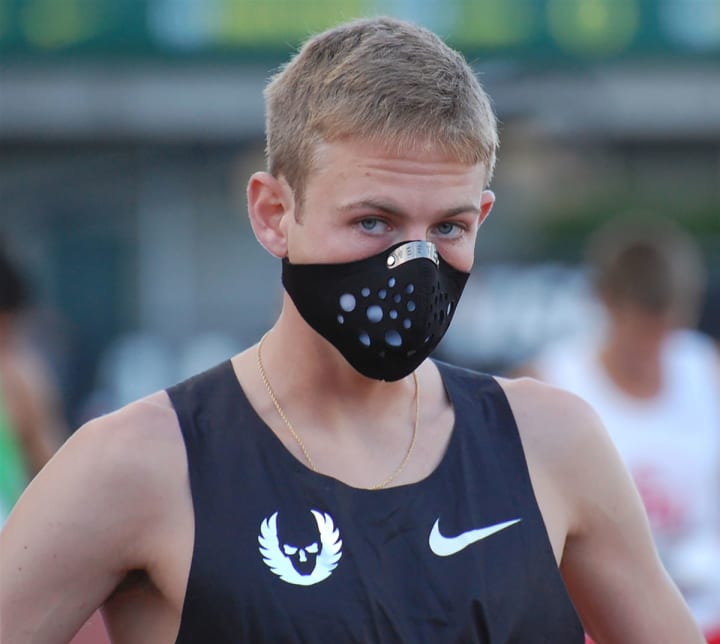
Photo via Running is Funny
Forty-one million Americans suffer from the sneezes, burning, itchy eyes, and runny noses that come with seasonal allergies. These symptoms often make workouts unbearable. In fact, vigorous exercise tends to aggravate allergies simply because you're breathing in more air loaded with the very substances that cause allergy problems, such as pollen from grass, weeds, and trees.
Since staying clear of the microscopic particles is nearly impossible, plan to exercise when pollen counts are lowest—in the early morning or early evening. If you can't, consider wearing a 3M pollen mask, which covers the nose and mouth and filters the air. If these simple steps don't reduce exercise-induced symptoms, antihistamines can bring relief. However, be weary of medicine-induced drowsiness.
Field sports such as softball are the most allergy-provoking during allergy season. Swimming—especially at the beach, since ocean air contains relatively little pollen—is the best. Similarly, fishing, sailing, waterskiing, and sailboarding all limit exposure to allergens. "The good thing about allergy season," says one director of allergy and immunology, “is that it can lead you to learn a new sport."
Sweat Versus Sunscreens
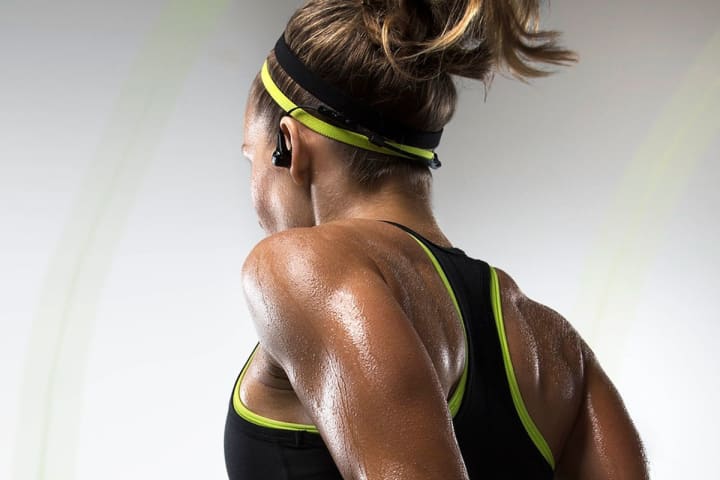
Photo via The Huffington Post
Protecting skin from the sun's cancer-causing rays has never been easy for athletes. Sunscreens tend to be sweated off. They often run into eyes, causing stinging and blurring. They also melt onto hands trying to grip tennis racquets or golf clubs, making a slippery mess. Waterproof sunscreens stay on for at least 90 minutes, but they still eventually slide and feel greasy.
This summer may be different. Coppertone and Bain de Soleil have introduced “nonmigrating" sunscreens, which contain formulas that go on dry and stay in place despite excessive perspiration. These lotions retain an almost powdery feel, thus eliminating the problem of greasiness and stickiness. Coppertone asked 150 volunteer beach volleyball players to try its product tinted with a blue dye. It did not run during four hours of play in the hot sun.
Coppertone, available in SPFs 4 and 15, and Bain de Soleil Lotion, available in SPFs 8 and 15, are both PABA-free. They may be the one thing that should come between you and your workouts this summer.
However, summer sweat sessions should be treated no differently than your year-round workout. There are risks to every season—from winter ice for runners to spring showers for hikers. The sun poses the greatest risk during the summer. So if you are a lounge chair warrior or a boot camp professional, be sure to drink lots of water and protect yourself from the sun.
About the Creator
Alicia Springer
Mother of two. Personal trainer. Fitness is about determination, not age.
Enjoyed the story? Support the Creator.
Subscribe for free to receive all their stories in your feed. You could also pledge your support or give them a one-off tip, letting them know you appreciate their work.

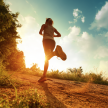
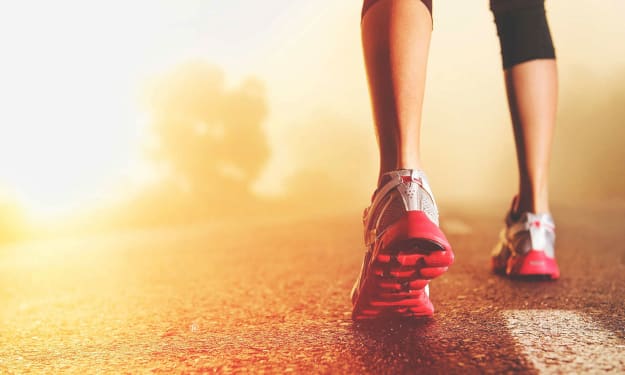

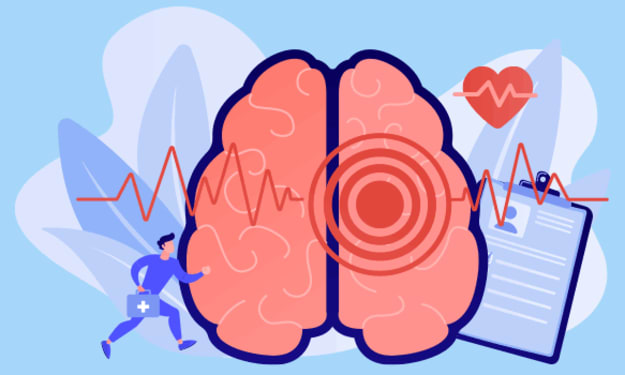

Comments
There are no comments for this story
Be the first to respond and start the conversation.